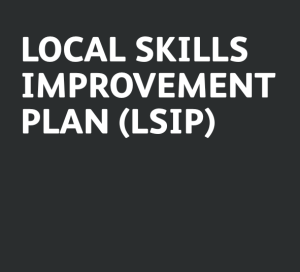The United States has last night imposed a blanket 10% tariff on UK exports, which will sit alongside the already announced 25% tariffs on steel and aluminium, and cars and other automotives.
The 10% tariff is half of what was expected, and significantly less than many others are facing, but still represents a hit of up to £6bn to UK businesses exporting to the US and will dent the UK’s economic growth. Other countries and trade blocs have been hit with higher tariffs, the EU faces 20%, and retaliatory measures from some are likely.
Working together as Chambers through the British Chambers of Commerce we have urged the government to continue to negotiate with the aim of reducing these levies further.
Commenting on the tariff announcement, Suzanne Caldwell, Managing Director, Cumbria Chamber of Commerce said:
“The Government has handled the situation carefully so far and must keep negotiating to ensure it’s getting the best deal for the country.
No-one will come out of this unscathed. Businesses across the world will feel the impact and the global economy will take a hit. This is a lose-lose situation for everyone.
That’s why it’s vitally important that the Government keeps negotiating. The US has shown it’s open to a deal and tariffs could be lifted at any time.
The UK has serious influence – our trade with the US is worth £300bn, we’ve got £500bn invested there, and the US has £700bn invested in our economy. There’s a high level of co-dependency and Chambers have been asking businesses across the country to propose options for government to consider.
Of course, this won’t be solved overnight, and there will have to be compromises. The Government should keep every possibility on the table, but retaliatory tariffs should only be a last resort.
Businesses here in Cumbria and nationally will be feeling the pressure and we’re urging the Government to provide support to help them navigate this. Some will be affected directly as exporters, others as part of supply chains.
If they’re not doing so already, we’d advise businesses to start negotiating immediately with their US customers on how they’ll manage the impact of the tariffs. Businesses should also think about alternative markets including the EU, CPTPP countries, or new trade deals on the horizon.
Support for cashflow issues may be available from the British Business Bank’s Growth Guarantee scheme. I’d urge anyone affected to contact directly, or you can do so through us at the Chamber, info@cumbriachamber.co.uk.”






